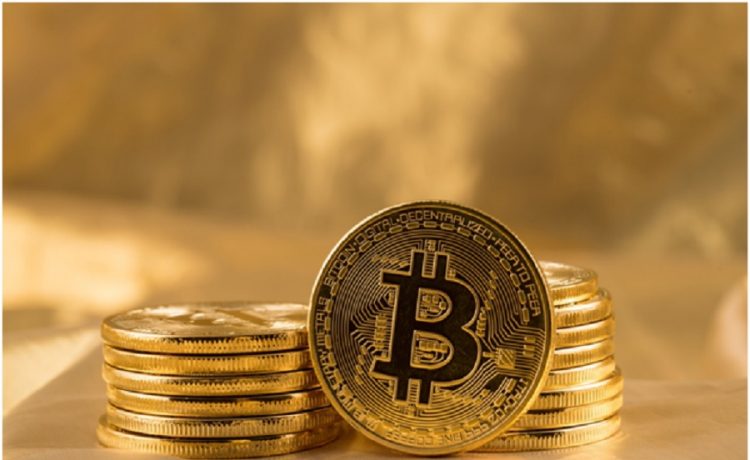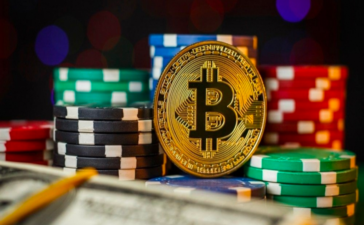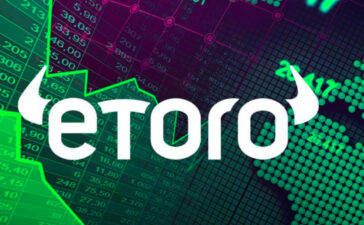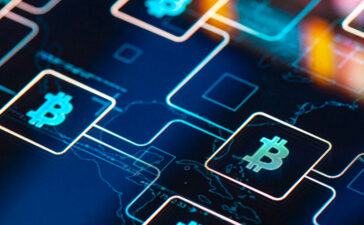Would it surprise you to know that most money in the world, even currencies like dollars and euros, is almost entirely digital? Sadly, this money is largely insecure and open to all kinds of fraud and money laundering.
Part of that is because of the physical component of money, but also a lack of transparency in governance and human error in monetary policy. Another part is how you can’t control what someone does with physical money on a global scale.
But wait — what about a physical bitcoin and all those Ethereum tokens you see in stock images? Can’t you just trade those?
Keep reading to find out if there is a physical bitcoin since the answer affects you whether you use Bitcoin or not.
How Bitcoin Works
Bitcoin is an open-source software protocol. Some say it’s a network devoted to a single smart contract, where Ethereum is a network with an unlimited capacity for smart contracts.
A smart contract is a program that executes a specific set of instructions for creating and destroying a token. So technically, yes, Bitcoin is a network that supports a single smart contract.
It’s said that a chain is only as strong as its weakest link, and this is also true with monetary systems. Bitcoin is strong because it’s dedicated to only being a currency that works — and works only online.
It features an open ledger that anyone can view at any time, as well as a proof-of-work security feature to prevent hacking your account or wallet address. There is a wallet with a public key for transactions and a private key that no one but yourself should have access to.
Every transaction gets folded into the next one, cryptographically. This means that only previous data can be “read” and current data is encrypted until someone can find the key. This takes about ten minutes of number crunching (hashing) on a dynamic scale of difficulty.
If you break the code for the block and complete the transactions within it, you get rewarded with transaction fees and bitcoins. However, most people only buy bitcoins from miners or exchanges, instead of doing all that computational work.
Buying Bitcoin
So, are you now wondering how to buy bitcoin?
Now, Bitcoin is completely a software-based system, but it does in fact have physical bitcoin wallets. Any time there is a physical wallet system it is called a “paper wallet,” even if it’s made of stone or metal. The wallet address, however, is actually stored in the network.
You must have a wallet with a public and private key in order to buy or sell bitcoins on the Bitcoin protocol.
There are a few ways to obtain or buy bitcoins.
- “Mine” them with math
- Buy them from an exchange
- Buy them from an ATM
- Peer-to-peer exchange
- Get gifted bitcoins
Each of these has their own advantages and disadvantages but we’ll get to that another time.
A “physical bitcoin” is valued by the amount of bitcoin in the address, plus the physical value of the material, plus the sentimental or collectible value of the coin. Since you’re buying a wallet address from someone instead of the bitcoin directly in this case, it’s also a very anonymous “second layer” way of transferring verifiable value.
Physical Bitcoin: Knowing Is Power
So the answer is “yes” there is physical bitcoin, and “no,” Bitcoin is purely digital.
It’s a duplicitous answer, but a real one you can take to the bank. Did this article help you to understand Bitcoin a little better, as well as how it works?
Keep reading our articles for the latest Bitcoin and other cryptocurrency news and tips!









